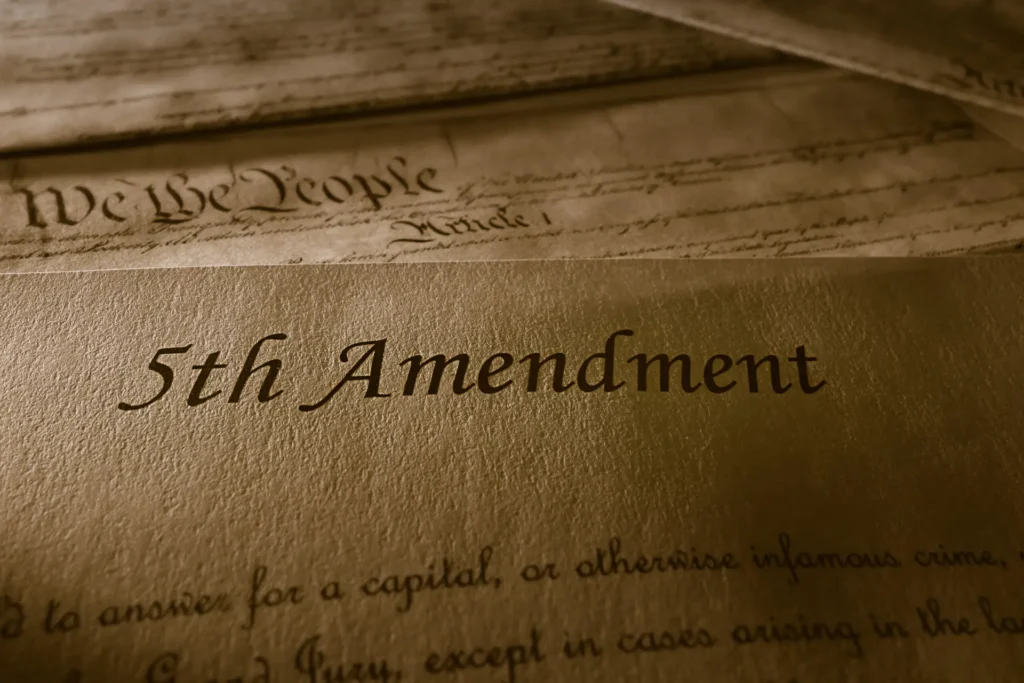The Bill of Rights
The Bill of Rights is the first ten amendments to the United States Constitution, ratified in 1791. These amendments were introduced to safeguard individual liberties and protect citizens from government overreach. By limiting government power, the Bill of Rights guarantees fundamental freedoms that form the cornerstone of American democracy. This article will explore the key rights protected by the Bill of Rights and their significance in shaping the rights of U.S. citizens.
Background of the Bill of Rights
Concerns about the lack of explicit protections for individual freedoms in the original U.S. Constitution prompted the introduction of the Bill of Rights. Consequently, many feared that a powerful central government might infringe on personal liberties, leading to a demand for amendments guaranteeing these protections. In response to these concerns, James Madison, often called the “Father of the Constitution,” drafted the amendments that became the Bill of Rights.
The Ten Amendments: Key Protections
- First Amendment: Freedom of Speech, Religion, Press, Assembly, and Petition
- The First Amendment is one of the most well-known and important protections. Specifically, it ensures the right to speak freely, practice religion, gather in groups, publish opinions, and petition the government for change. As a result, this amendment is fundamental to American democracy, allowing open expression and debate.
- Second Amendment: Right to Bear Arms
- The Second Amendment guarantees the right to keep and bear arms. However, this amendment has sparked significant debate regarding gun ownership and regulation. Despite the controversy, its primary purpose is to protect the individual’s right to self-defense and ensure the security of a free state.
- Third Amendment: Protection from Quartering Soldiers
- The Third Amendment prohibits the government from forcing citizens to house soldiers during peacetime. This directly responds to colonial grievances, as British troops often stayed in civilian homes without consent during British rule.
- Fourth Amendment: Protection Against Unreasonable Searches and Seizures
- The Fourth Amendment safeguards individuals’ privacy by protecting against arbitrary searches and seizures. Law enforcement must obtain a warrant based on probable cause before conducting searches, ensuring that citizens’ personal property is protected from unjustified government intrusion.
- Fifth Amendment: Rights in Criminal Cases
- The Fifth Amendment provides several key protections, including the right to remain silent to avoid self-incrimination, protection from being tried for the same crime twice (double jeopardy), and the guarantee of due process before depriving someone of life, liberty, or property. It also ensures fair compensation when the government takes private property for public use (eminent domain).
- Sixth Amendment: Right to a Fair Trial
- The Sixth Amendment guarantees a fair and speedy trial for criminal defendants. It provides the right to a public trial, an impartial jury, the assistance of counsel (a lawyer), and the ability to confront witnesses. This amendment ensures justice for the accused by protecting their rights in court.
- Seventh Amendment: Right to a Jury Trial in Civil Cases
- The Seventh Amendment preserves the right to a jury trial in certain civil cases involving disputes over property or money. It reinforces the importance of trial by jury as a method of ensuring justice in civil matters.
- Eighth Amendment: Protection Against Cruel and Unusual Punishment
- The Eighth Amendment prohibits excessive bail, fines, and cruel or unusual punishments. As a result, this ensures that punishments for crimes are fair, humane, and proportionate to the offense.
- Ninth Amendment: Protection of Rights Not Specifically Mentioned
- The Ninth Amendment asserts that citizens hold rights beyond those explicitly listed in the Constitution. This prevents the government from infringing on fundamental rights simply because they are not specifically mentioned in the Bill of Rights.
- Tenth Amendment: States’ Rights and Federalism
- The Tenth Amendment reserves powers not delegated to the federal government by the Constitution to the states or the people. In doing so, it reinforces the principle of federalism by limiting the scope of federal authority and, at the same time, protecting state sovereignty.
The Significance of the Bill of Rights
The Bill of Rights protects individual freedoms and ensures the government respects personal liberties. These ten amendments balance citizens’ rights with government powers. Court decisions have expanded and interpreted these protections over time, keeping them relevant in modern society.
